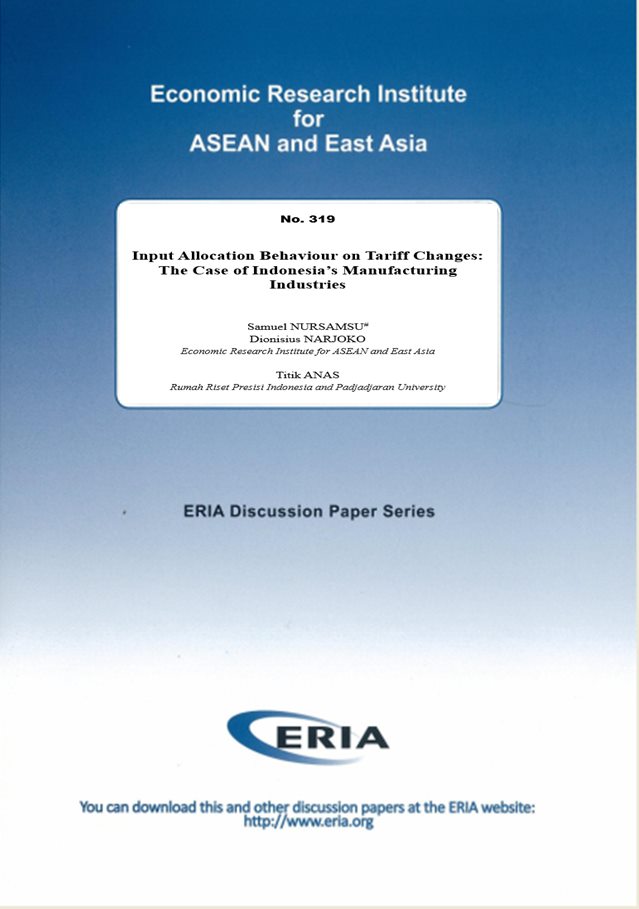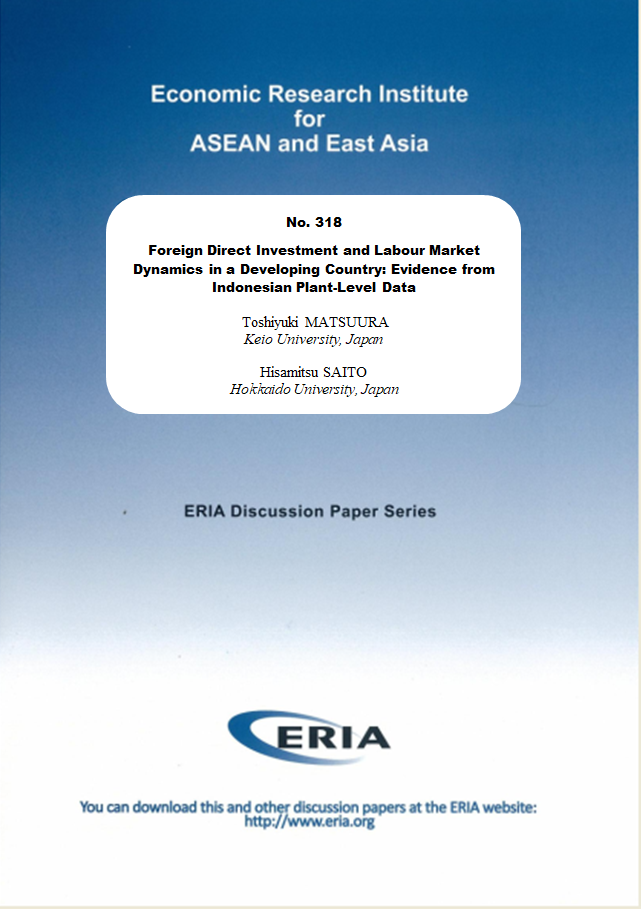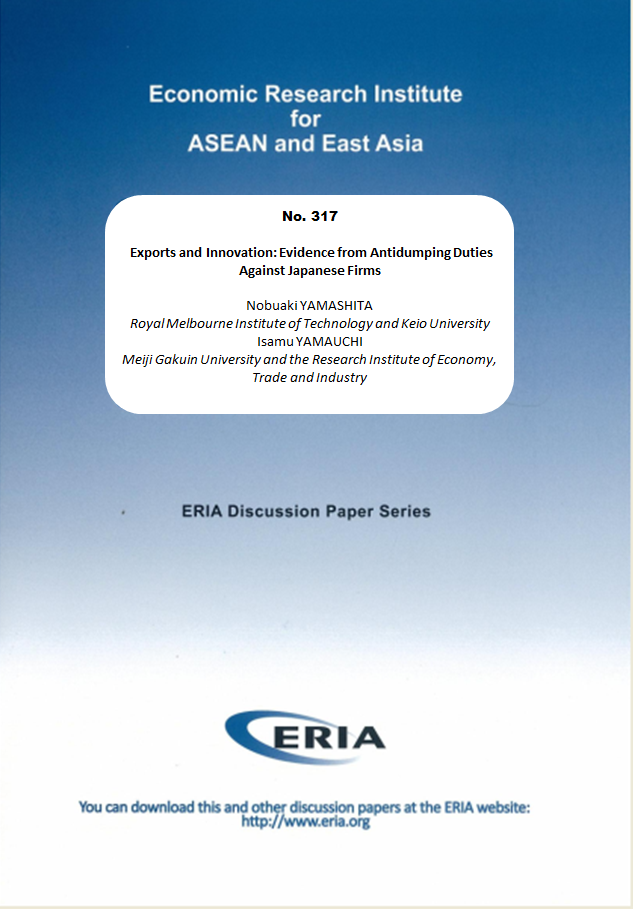Input Allocation Behaviour on Tariff Changes: The Case of Indonesia’s Manufacturing Industries

Date:
10 February 2020Category:
Indonesia, Industry and Manufacturing, TradeType:
Discussion PapersTags:
Indonesia, industry and manufacturing, microdata, TradePrint Article:
Can firms reallocate their imported inputs to domestic sources when faced with import tariffs? To answer this question, we analyse the input allocation behaviour of Indonesian medium and large-sized manufacturing firms in responding to the movement of import tariffs from 2000 to 2013 by utilising plant-level input data of Indonesian manufacturing. We find that an increase in tariffs only creates a weak substitution effect. Our findings indicate that firms reallocate their inputs towards domestic sources, although this is accompanied by a decrease in the firms’ value added. This implies that domestic inputs are worse substitutes for imported inputs and that firms’ capacity to switch over to domestic products is limited, suggesting that firms will immediately switch back to importing when the tariff is removed. We find no evidence that firms make any adjustment towards more domestic-oriented input composition over time; and heterogeneity exists within the result, as industries with a strong basis in the domestic market are more capable of adjusting.
.
Input Allocation Behaviour on Tariff Changes: The Case of Indonesia’s Manufacturing Industries




